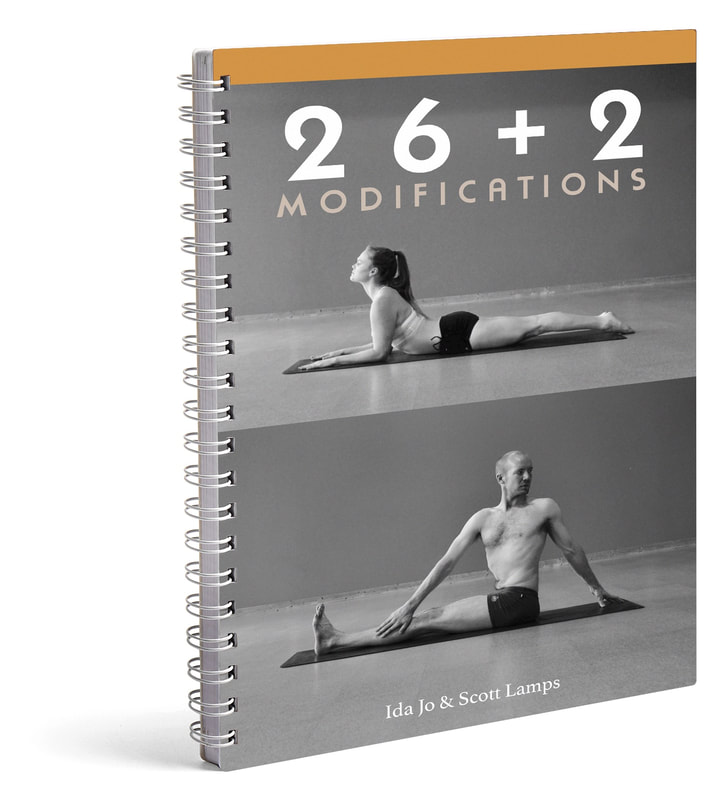|
On April 15 we pay a portion of our earnings to the government to be redistributed. These taxes are essential to running our society. There are good, bad and difficult yogic concepts hidden within this one day.
Perhaps most yogic (and spiritual) about paying taxes is ridding ourselves of excess. It is no coincidence that every spiritual tradition encourages humility and poverty. By giving up our possessions, we avoid the common problem of mistaking our possessions for ourselves. Even though taxes aren't technically voluntary, we can offer them with that state of mind. We should celebrate the opportunity to support our fellow humans, our environment and community, paying the salaries of our teachers, fire department, police and other government-paid employees. Of course, there are also philosophical challenges to paying taxes. When our government uses public money to fund programs to which we are morally opposed, it turns the greatest benefit (see above) into the greatest frustration. (We must take care, though, that we don't use this as an excuse to hoard our resources.) In conclusion, we have the power to control our state of mind about paying taxes. We could think about it like government oppression, with the state taking our hard earned money. Or we could think about it as an opportunity to support the people and institutions around us.
0 Comments
Leave a Reply. |
AUTHORSScott & Ida are Yoga Acharyas (Masters of Yoga). They are scholars as well as practitioners of yogic postures, breath control and meditation. They are the head teachers of Ghosh Yoga.
POPULAR- The 113 Postures of Ghosh Yoga
- Make the Hamstrings Strong, Not Long - Understanding Chair Posture - Lock the Knee History - It Doesn't Matter If Your Head Is On Your Knee - Bow Pose (Dhanurasana) - 5 Reasons To Backbend - Origins of Standing Bow - The Traditional Yoga In Bikram's Class - What About the Women?! - Through Bishnu's Eyes - Why Teaching Is Not a Personal Practice Categories
All
Archives
May 2024
|






 RSS Feed
RSS Feed